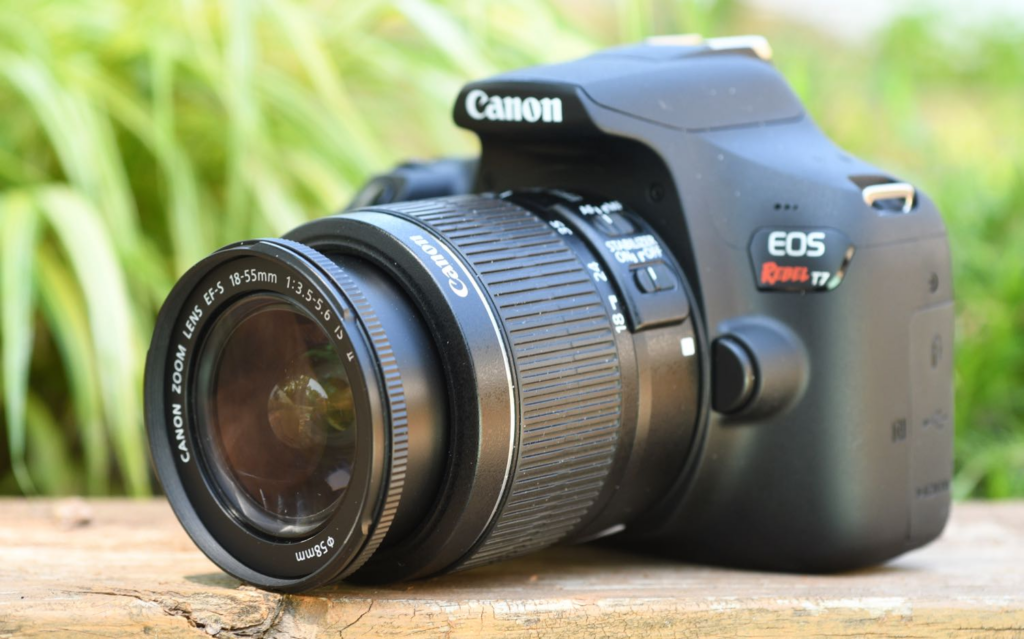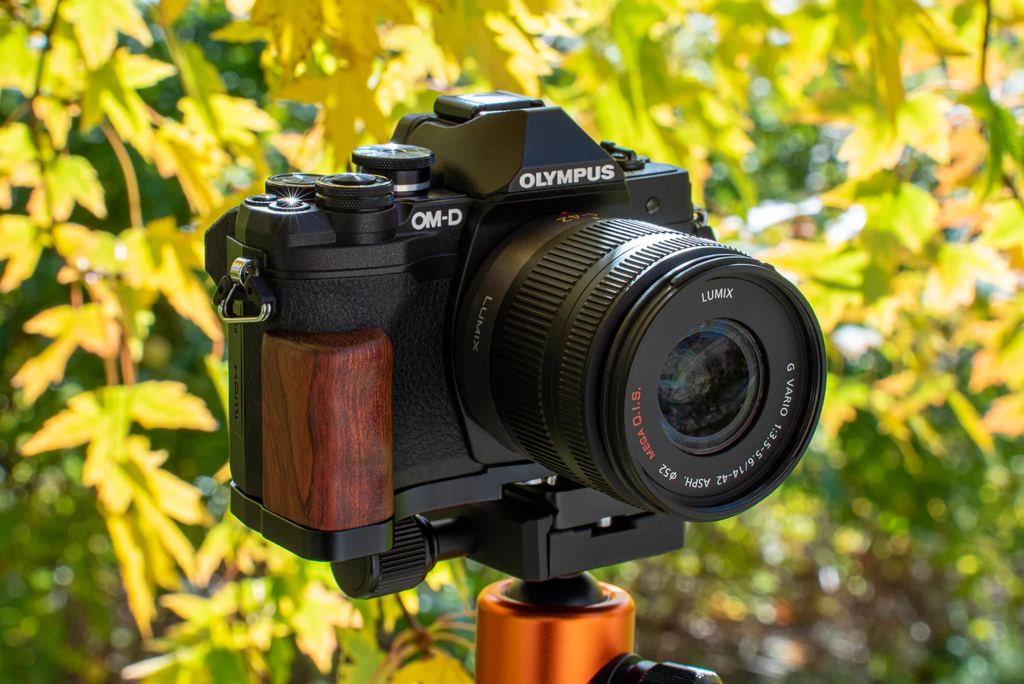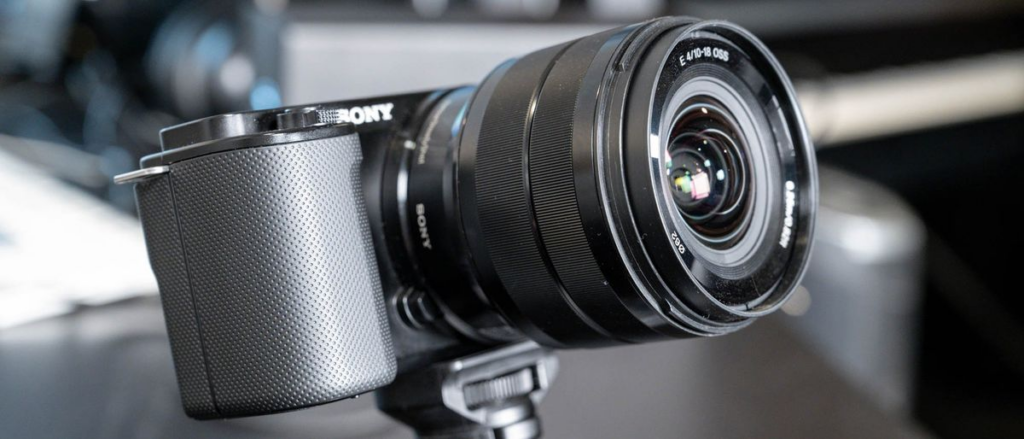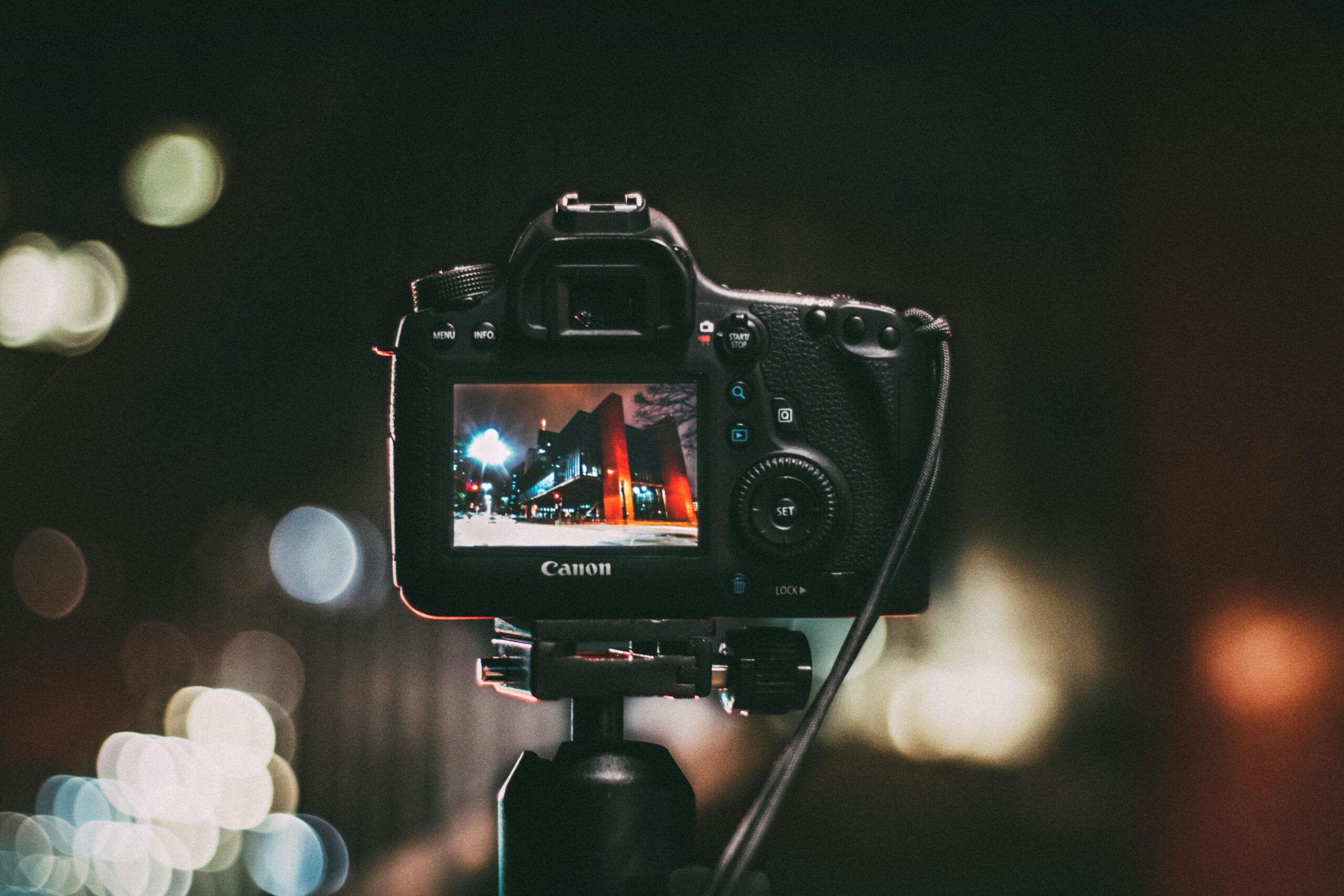Selecting your first camera is a pivotal step toward realizing your photographic aspirations, encompassing not just the camera body but the entire ecosystem around it, from lenses to memory cards. With the vast array of options available—ranging from DSLRs and mirrorless cameras to compact and phone cameras—the decision can be overwhelming. Our guide aims to simplify this process, offering insights into the factors that should influence your choice, such as budget, type of photography, and future growth potential in the craft.
Best Cameras for Beginner Photographers
Embarking on the journey of photography can be thrilling yet daunting for beginners. With a plethora of options available, it’s essential to choose a camera that not only fits your budget but also aligns with your aspirations and skill level. Here’s a curated list of top picks for beginner photographers, aimed at simplifying your decision-making process:
DSLR Cameras for Beginners:

Nikon D3500: Renowned for its lightweight design, ease of use, and exceptional image quality. It stands out with its interactive Guide Mode, making it an excellent choice for those new to photography [15][16].

Canon EOS Rebel T7 / EOS 2000D: Offers great value as the most affordable DSLR from Canon. It features a high-resolution APS-C sensor capable of capturing stunning photos, making it ideal for beginners on a tight budget [17].
Mirrorless Cameras for Beginners:

Canon EOS R10: Best overall for beginners, thanks to its class-leading autofocus, quick burst shooting, and accessible controls. It strikes a perfect balance between beginner-friendly features and advanced capabilities [11][16].

Olympus OM-D E-M10 Mark IV: Best value camera, offering a 20MP Micro Four Thirds sensor and impressive image stabilization. Its compact design and guided menus make it a fantastic choice for those starting their photography journey [9][11].

Sony ZV-E10: Best for video, featuring 4K recording and a flip screen for easy self-recording. Packed with video-focused features, it’s a versatile tool for aspiring vloggers [9][11].
Compact and Instant Cameras for Beginners:

Ricoh GR IIIx: A powerful compact option with a large APS-C sensor for superior image quality. Ideal for beginners who prioritize portability without compromising on performance [9].

Fujifilm Instax Mini 12: The best instant camera for beginners, offering simplicity and fun in shooting. It’s perfect for those looking to capture memories in a tangible, instant format [11].
Budget-Friendly Options:
Used Models: To keep costs down, considering used or fairly old models can be a wise choice. This allows beginners to explore photography without a significant initial investment [10].
Kit Lens Bundles: Opting for a camera body that comes with a kit lens can also help reduce costs, providing a versatile starting point for beginners to learn and grow [10].
Choosing your first camera is a significant step towards unlocking your creative potential. Whether you’re drawn to the classic feel of DSLRs, the advanced capabilities of mirrorless cameras, or the simplicity of compact and instant cameras, there’s a perfect match for every beginner photographer. Remember, the best camera is the one that meets your needs, fits your budget, and inspires you to explore the world through your lens.
Budget Considerations
When delving into the realm of photography, budget considerations play a pivotal role in selecting your first camera. It’s essential to weigh the initial cost against the potential for future investments in accessories and upgrades. Here are some key points to consider:
- Initial Investment: Your initial purchase isn’t just about the camera body. Consider the cost of essential accessories like lenses, tripods, external flashes, extra batteries, and memory cards. These can significantly impact your budget, so choose a camera brand that aligns with your financial constraints [6].
- Used Cameras: A cost-effective strategy is to buy used cameras. This can be a great way to save money, but it’s crucial to account for potential repairs. Look for cameras with a low shutter count and fewer previous owners to ensure longevity [18][26].
Budget-Friendly Beginner Camera Picks
To assist in making an informed decision, here’s a brief overview of some budget-friendly cameras for beginners:
- DSLR Cameras:
- Canon EOS Rebel SL3 / EOS 250D / 200D Mark II: Known for its excellent JPEGs straight from the camera and being the most affordable DSLR with 4K video capabilities [12].
- Canon EOS Rebel T7 / EOS 2000D / EOS 1500D: Offers easy-to-use controls and good image quality, making it an ideal bargain DSLR for beginners [12].
- Mirrorless Cameras:
- Canon EOS R50: A budget mirrorless option with a high-resolution APS-C sensor and intuitive user interface for $1599.99 [19].
- Olympus OM-D E-M10 Mark IV: Features a 20MP Micro Four Thirds sensor and impressive image stabilization for those prioritizing affordability and quality [20].
Additional Budget Tips for your Camera
- Accessories and Hidden Costs: Be wary of hidden costs like filters and editing software subscriptions. Starting with free editing apps like Snapseed or VSCO can mitigate these expenses [25].
- Long-term Considerations: Think about your long-term photography goals. Investing in a camera system that allows for lens and accessory upgrades can be more cost-effective in the long run [8].
- Research and Reviews: Spend time researching different camera models and reading reviews. This can help you find the best camera that fits your budget and photography aspirations [8].
By carefully considering these factors, you can make a budget-conscious decision that doesn’t compromise on the quality or potential growth in your photography journey.
Key Points to Remember:
- Larger Camera Sensors: Generally produce better photos, especially in low-light conditions, due to their ability to gather more light. They also allow for a shallower depth of field, making the subject stand out with a blurred background [62] [63] [66].
- Photosites and Light Collection: Larger sensors can accommodate larger photosites, which capture more light and perform better in low-light situations. This leads to images with less noise and higher quality [63] [66].
- Considerations for Beginners: For those starting in photography, cameras with APS-C or Micro Four Thirds sensors are recommended. They offer a good balance between image quality, portability, and cost [33] [68].
Choosing the right sensor size is a balance between your photography needs, budget, and the type of photography you plan to pursue. While larger sensors offer better image quality and low-light performance, they come with a higher price tag and increased weight. For many beginners, APS-C or Micro Four Thirds sensors provide an excellent starting point, offering a compromise between image quality, cost, and portability.
Video Features for a Beginner Camera
In the digital era, video recording capabilities in cameras have become a priority for many, especially beginners eager to explore both photography and videography. Here’s a breakdown of key video features to consider when selecting your first camera:
- Bluetooth/Wi-Fi: Essential for quick importing, editing, and sharing of your videos. This feature simplifies the process of transferring your footage to other devices for editing or social media sharing [24].
- User-Friendly Design:
- Flip-Out Swivel Screen: A must-have for capturing video from challenging angles or for vlog-style recording. It allows you to see yourself while recording, ensuring you’re always in frame [24].
- Optimal Video Quality and Performance:
- Low-Light Performance: Cameras with a larger ISO range and lenses with bigger apertures are preferable. They ensure better video quality in various lighting conditions, particularly in low-light environments [24].
- Resolution and Frame Rate:
- Baseline: 4K resolution at 24 frames per second. This is the standard for high-quality video, offering clarity and smooth motion [26].
- Advanced Options: Look for cameras that offer slow-motion capabilities and stabilization features. These additions can significantly enhance the quality of your videos, making them look more professional [26].
- Recording Capability:
- Interchangeable Lenses for Versatility:
- High-Quality Video: Cameras with the option to change lenses not only offer versatility in photography but also enable you to achieve cinematic quality in your videos. This feature is a game-changer for those looking to produce professional-looking short films or vlogs [13].
When embarking on your videography journey, prioritizing these features will ensure you choose a camera that not only meets your current needs but also supports your creative growth. Whether you’re capturing everyday moments, creating content for social media, or experimenting with short films, the right camera can make all the difference in bringing your vision to life [24][26][33].
Portability vs. Performance
Embarking on the journey of photography requires not just a passion for capturing moments, but also a careful consideration of the tools that will accompany you along the way. From understanding the nuances of sensor sizes and the significance of megapixels to navigating the vast landscape of camera types, this guide has aimed to equip you with the knowledge to select a camera that aligns with both your aspirations and practical needs. The choice between DSLR and mirrorless cameras, the implications of lens ecosystems, and the importance of camera durability are just a few facets that underscore the multifaceted nature of photography.
As you stand on the threshold of this exciting venture, remember that the best camera is not merely a product of its specifications, but rather an extension of your vision and creativity. The journey of photography is an evolving process, where each click not only captures a moment in time but also represents a step towards mastering your craft. Whether your interests lie in the vivid landscapes of nature, the dynamic action of sports, or the heartfelt moments of portraiture, the key is to start with a camera that feels right for you and to keep exploring, learning, and enjoying the art of photography.
Conclusion
In selecting your first camera, it’s essential to prioritize features that enhance both the usability and quality of your photography. Here’s a breakdown of key considerations:
- Ergonomics and User-Friendly Features:
- Technical Aspects for Image Quality:
- Sensor stabilization for sharper images, especially in low-light conditions or when using longer focal lengths [18].
- Advanced autofocus systems with high continuous shooting speeds, beneficial for action and wildlife photography [6].
- Consideration of your most frequent shooting styles, informed by analyzing your mobile photography portfolio, to choose a camera with a preferred focal length [25].
- Connectivity and Additional Features:
Starting with a single lens to master its capabilities before expanding your gear is advisable. This approach allows you to deeply understand your equipment, making better-informed decisions when it’s time to invest in additional lenses or accessories [25]. Remember, the journey into photography is not just about acquiring gear but also about learning and growing with your chosen tools. High-quality photography equipment represents a significant investment; thus, determining your budget and considering the cost of essential accessories is crucial [6].
FAQs
What factors should a beginner consider when choosing their first camera for photography?
When selecting a first camera, beginners should consider models that offer interchangeable lenses, manual settings, and superior features. A DSLR or mirrorless camera is recommended as it provides the user with more control, a better sensor, and the flexibility to switch between different lenses.
What are some tips for beginner photographers to kickstart their journey?
Beginner photographers can start their journey by following these tips:
- Find your inspiration in the world around you.
- Invest in a quality camera that suits your needs.
- Learn from the works of famous photographers.
- Try out various photography genres to find your niche.
- Pay attention to composition to enhance your images.
- Learn to use manual settings for greater control over your photos.
- Consider attending a photography workshop to improve your skills.
- Understand how to interpret and utilize light in your photography.
Which camera brands are recommended for beginners?
For beginners, the following camera brands and models are recommended due to their affordability and user-friendly features:
- Sony ILCE-6100Y Mirrorless Camera
- Canon EOS 3000D Digital Camera
- Canon EOS 200D II Digital Camera
- Panasonic DMC-G7KGW-K Mirrorless Camera
- Sony A6100 Mirrorless Camera
- Nikon D7500 Digital Camera
- Sony A6400 Mirrorless Camera


Leave a Reply
You must be logged in to post a comment.